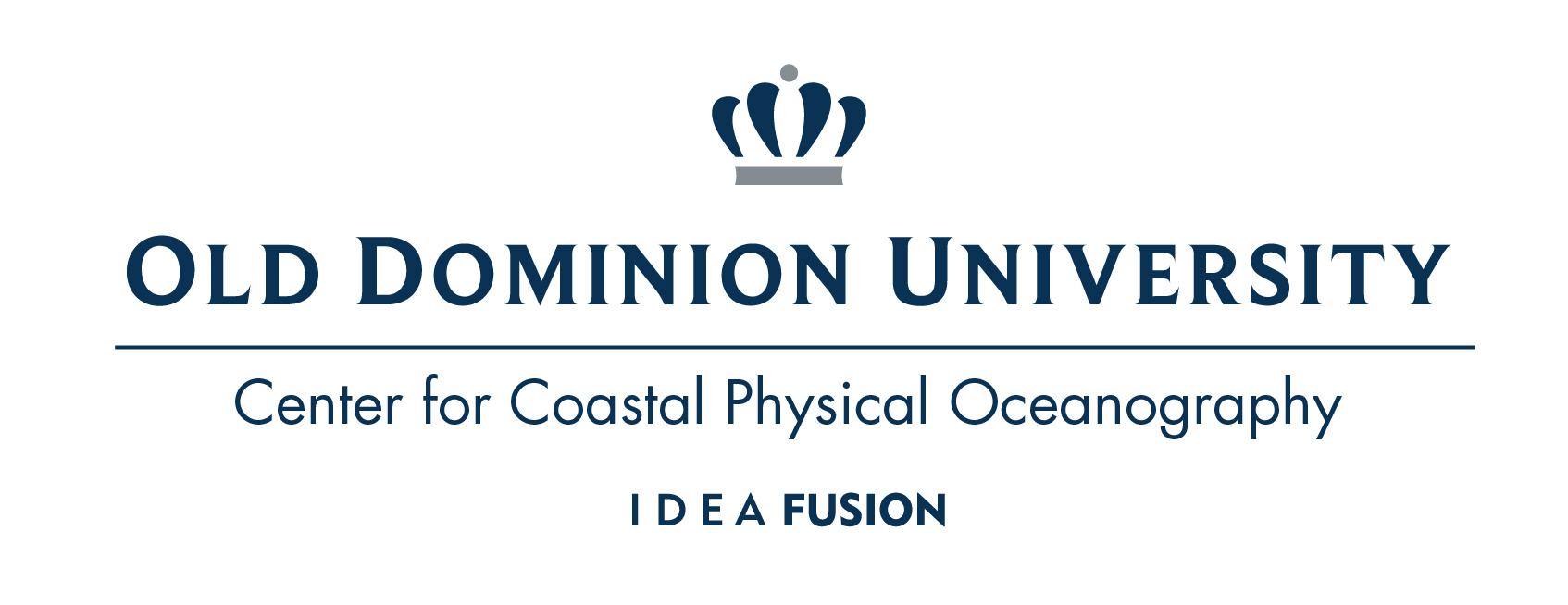

Our understanding of nitrogen cycling on continental shelves,
a critical component of global nutrient cycling, is often hampered by
limited observations compared to the strong variability apparent on
relatively small time and space scales. Numerical models are able to
partially alleviate this issue by filling temporal and spatial data gaps
and hence resolving annual area-integrated nutrient fluxes. As part of
a NASA-funded Interdisciplinary Science project, a
land-ocean-biogeochemical modeling system was implemented to simulate
the nitrogen budget during 2004-2007 on the Mid-Atlantic Bight (MAB)
shelf. Quantitative model skill assessment was conducted via extensive
comparisons to satellite observations and in situ data where
available. Model simulations demonstrate that denitrification and
burial fluxes have pronounced seasonal variation but change little from
year to year. In contrast, annual net community production (NCP) varies
significantly between years, but overall is positive indicating a net
autotrophic system. Whereas the advective influx of nitrogen from the
bays and rivers on the western boundary of the MAB changes only slightly
among the four years examined. the advective fluxes across the eastern
and northern boundaries change dramatically. These changes are
associated with changes in the position of the relatively high-nutrient
Labrador Sea waters advecting ino the MAB from the north and the
relatively low-nutrient Gulf Stream waters advecting into the MAB from
the southeast.
Eileen Hofmann received a B.S. degree in Biology and M.S. and Ph.D. degrees in Marine Science and Engineering. Current research interests include marine food webs of Antarctic coastal environments, transmission of marine diseases, and carbon cycling in continental shelf systems. Much of her research has involved working with interdisciplinary science teams to implement coupled physical-biological models to understand processes controlling marine ecosystems. This seminar is one such example from the USECoS (Eastern US Continental Shelf Carbon Budget) team.

|
CCPO Innovation Research Park Building I 4111 Monarch Way, 3rd Floor Old Dominion University Norfolk, VA 23508 757-683-4940 |

|